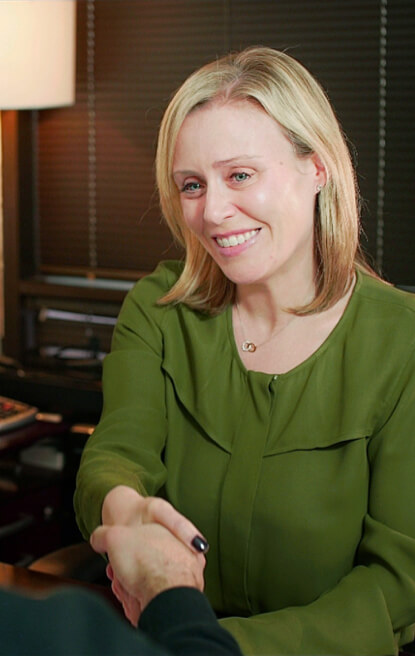Having your doctor’s support is very critical to your disability claims. If your doctor refuses to cooperate, then your case might become very hard to win. However, there are ways to improve your disability case even if your doctor doesn’t support.
Be Ready to Explain
If you get to the hearing level and still do not have a supportive statement from your doctor, the administrative law judge (ALJ), who will be hearing your case, will need to be portrayed the real and honest picture of your whole case. In order to do this, you should be ready to explain this to the judge. It might be best to tackle this point earlier in your hearing. An experienced disability attorney would know best how to present your case to the ALJ.
Evidence is Key
Brute and clear medical evidence may sometimes be sufficient to convince your judge otherwise, even if your doctor doesn’t support your case. Though it may be time consuming, it would be best if you spend some time and effort to gather all the medical evidence earlier so you don’t miss out on presenting anything the ALJ might need in the hearing. Here is an example of which medical evidence you may collect:
- Names and contact information of all the medical providers you have seen about your disabling condition;
- Photocopies of any diagnostic tests such as EKGs, blood work, sleep studies, CT scans, MRIs, x-rays, and EEGs;
- Dates of any hospitalizations or emergency room visits related to your medical condition;
- Pharmacy printouts that contain a complete list of medications;
- A list of any side effects of medications, and
- A list of any alternative treatments you have sought to treat your condition;
Relevant evidence
Before you seek on to collect evidence of your medical history, make sure you include only the medical evidence relevant to your medical condition. Although it is useful to be vigilant, the SSA or your ALJ might only be interested in seeing evidence for the disability you are putting claims of.
Do not chalk out negative records
Sometimes your medical records may include information that may be damaging to your reputation, such as history of substance abuse or injury during a fight. Although you may be tempted to exclude pieces of information such as these, do not do so. The ALJs are trained to look into these loopholes and if found out the exclusion or hiding of the facts may have a bad effect on your claims.
3rd Party Witnesses
Though your medical provider’s opinions matter the most to the SSA, the ALJ might be interested in hearing out opinions of any third party witnesses to your disability as first-hand accounts. These may include any caregivers, volunteers, social workers, your children, hospital nurses, your boss, etc.
Caregivers: Some disabilities require partial or full-term caregiving of the affected patients. If your disability requires you to depend on a caregiver for cooking, cleaning, bathing, giving medicines etc then you may ask your caregiver to write a letter stating so to the ALJ.
Employers: People spend a lot of time at their workplace. If your former employer or boss was a witness to your disability and saw how it affected your work or life then you may ask them as well to write a letter for you. You would need to ask them to be as specific and honest about your condition as they can be, as it can affect the ALJs decision in or against your favor.
Get a Disability Attorney’s Help
Getting approved for disability can be hard if you do not have a supportive doctor. An experienced disability attorney will have dealt with myriad cases where claimants did not have a supporting doctor and will have techniques and strategies that can help overcome this obstacle.

